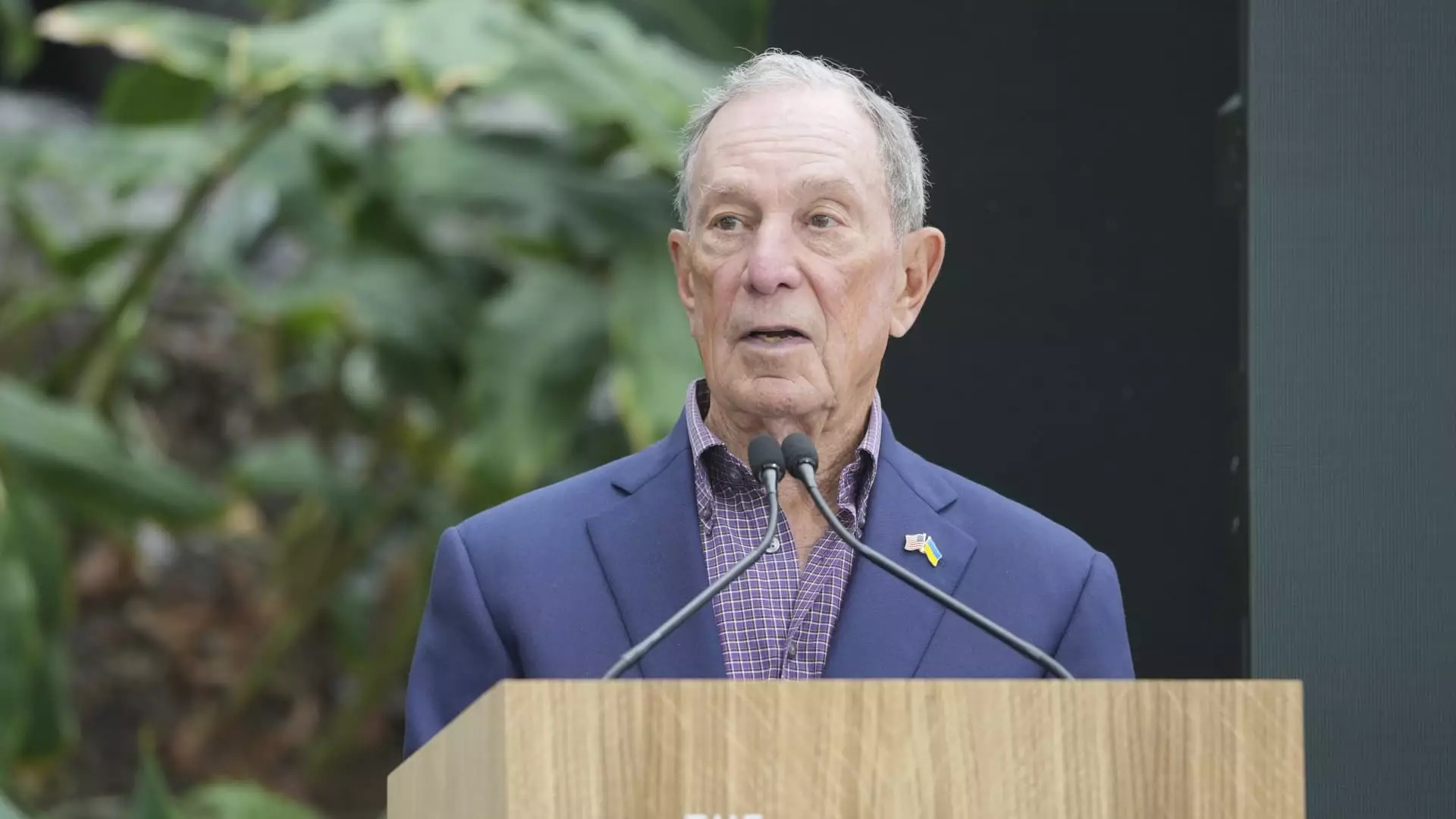The political dynamics within the Democratic Party have begun to shift significantly as Vice President Kamala Harris emerges as a frontrunner for the party’s nomination. Recently, this surge has triggered concerns among some of the party’s elite donors, who advocate for a more deliberative selection process. Their apprehensions center on the desire for inclusivity and diversity in the nomination, but this very call for an open contest seems to lack substantive candidates who could meaningfully challenge Harris. This article delves into the implications of this situation for the Democratic Party’s future and the donors’ perspectives on shaping the nomination process.
The urgency surrounding the decision to nominate a candidate for the upcoming election is palpable. Billionaire philanthropist Mike Bloomberg echoed sentiments shared by several top donors, insisting that the stakes are too high to rush the nomination process. His significant influence in Democratic circles is underscored by his wealth, which is notably over $100 billion. Bloomberg’s emphasis on thorough evaluation speaks to a broader anxiety about the future of the party under a potentially unchallenged Harris candidacy. However, the skepticism about Harris’ rapid rise does not seem to resonate strongly within the broader Democratic establishment, which continues to rally around her.
Moreover, Reed Hastings, Netflix’s executive chairman, suggested that party delegates should prioritize selecting a candidate with proven appeal in swing states. His remarks highlight a belief that electoral viability should be paramount in the selection of a nominee. While these concerns voiced by wealthy donors are understandable, the void of serious contenders raises deeper questions about the party’s strategic direction and unity. The resistance to any alternative by rising Democratic figures suggests a notable consensus in support of Harris, which could further entrench her position as the presumptive nominee.
The current political landscape presents an unsettling reality: no viable challengers have emerged to contest Harris’s ascension. After President Biden suspended his campaign, many anticipated a spirited nomination battle that would showcase different Democratic visions. Instead, the potential candidates have opted to coalesce around Harris rather than engage in what might be perceived as divisive infighting. High-profile endorsements from key figures such as California Governor Gavin Newsom and former House Speaker Nancy Pelosi emphasize a sense of unity among Democrats, though it raises concerns about the lack of competition in the nomination process.
The swift endorsements by prominent governors and legislators reveal a strategic alignment that might inadvertently stifle open dialogue regarding the party’s future leadership. The infusion of considerable support for Harris indicates that those with significant clout within the party view her as a consensus candidate capable of rallying the base. Yet, this unity also begs the question of whether the Democratic Party is genuinely ready to address the diverse needs and aspirations of its constituents when there is little room left for alternative viewpoints.
The Implications for Democratic Strategies
As the Democratic Party heads toward the nomination phase with Harris at the forefront, it is essential to consider the implications of this trajectory. The reluctance of key donors to disrupt Harris’s momentum might lead to a monolithic platform devoid of the diverse ideologies typically celebrated within the Democratic ranks. This risks alienating various factions that could otherwise galvanize support for the party in the long-term.
Furthermore, should Harris secure the nomination without facing substantive debate or competition, there may be implications for her general election campaign. A lack of robust challenges could hinder her ability to effectively address potential weaknesses or invigorate different voter demographics. Effective campaigning typically thrives on vigorous discourse, and the absence of this could lead to missed opportunities for growth and inclusion.
While the Democratic Party appears to be coalescing around Kamala Harris as its nominee, the concerns voiced by influential donors illuminate a challenging paradox. Striking a balance between unity and diversity will be crucial as the party navigates this pivotal moment in its history. If the Democratic Party is to build on current momentum, it must embrace a participatory approach within its ranks that honors the party’s multifaceted identity, even as it supports a singular candidate moving forward.


Leave a Reply